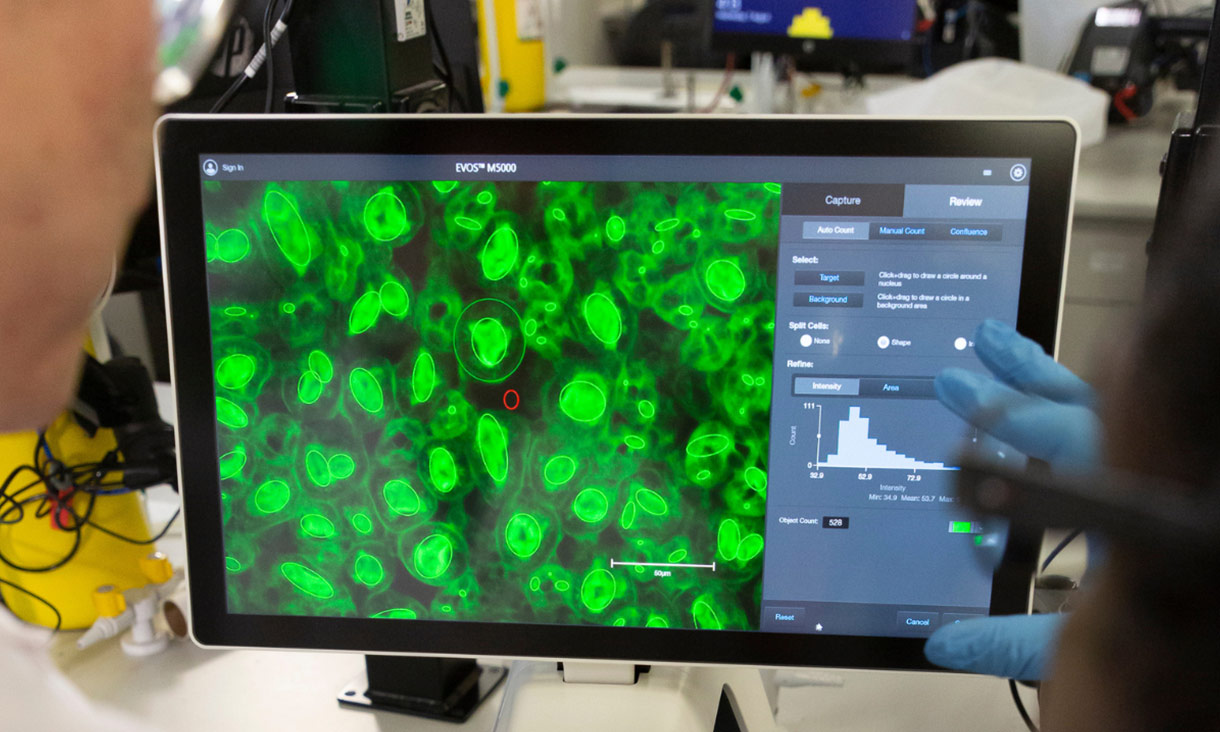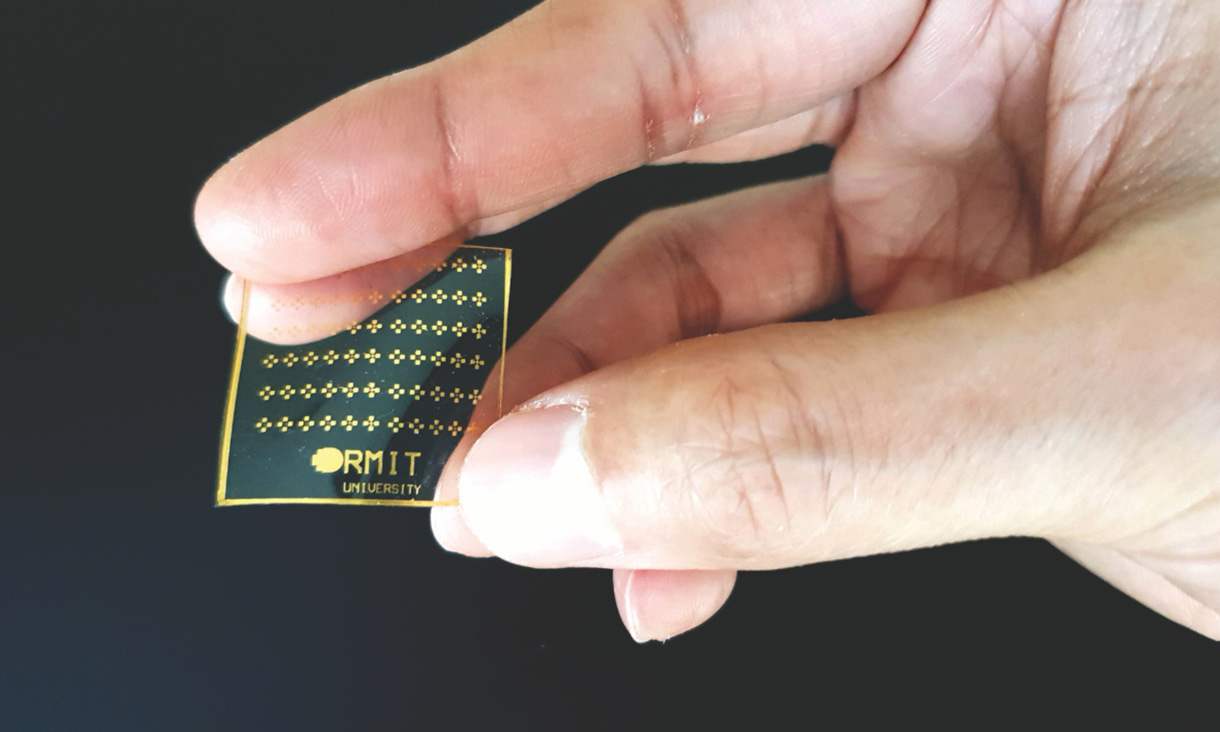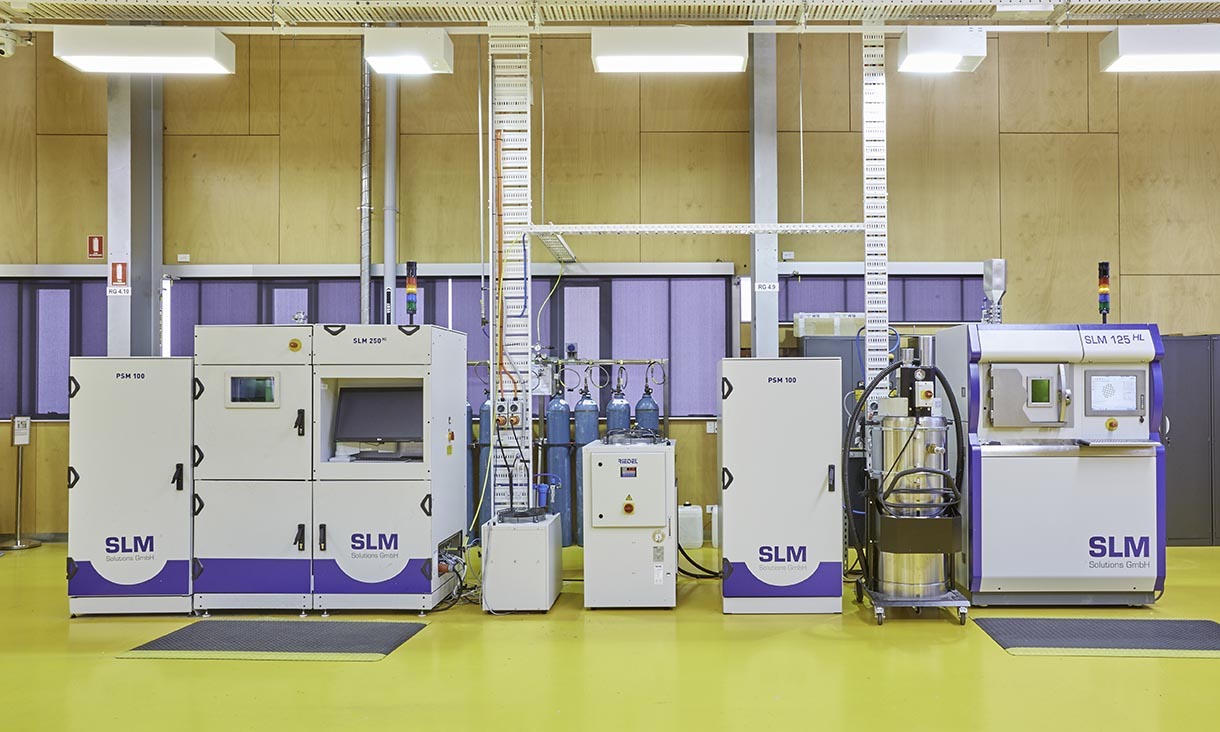Leading Research Centres

The LRC scheme is intended to grow research excellence and reputation in priority areas for the STEM College. Its purpose is to establish the STEM College as world leading over time in identified key areas of research strength.
As part of the vision for the LRCs, STEM College wanted to identify research areas of strength in STEM at RMIT, using a bottom-up approach that allowed researchers to present a case for their own research areas of excellence.
With globally recognised researchers supported by state-of the-art facilities, the STEM College offers exceptional opportunities for the LRCs to take their research to the next level, using existing and new college research infrastructure to grow themselves.

The ATRACT Centre empowers STEM researchers to translate excellence in fundamental basic research into global impact, by streamlining STEM translational core capabilities in clinical trials, clinical imaging, biobanking, biomarkers and bioinformatics (precision medicine), aligned to key external academic and industry partners.
ATRACT focuses on deployment in two areas of impact: ‘Immunity and Infection’ and ‘Cancer Diagnostics and Therapeutics’.
ATRACT is a thriving hub for industry/academic collaborations. It accelerates the impact from RMIT excellence in innovative technologies, analytics, and health products.
Distinguished Professor Magdalena Plebanski

CHAI pioneers transdisciplinary research for reliable information systems by combining expertise in information retrieval, artificial intelligence, interaction, evaluation, and human behaviour.
CHAI trailblazes advanced human-centred information solutions, pioneers methodologies across the information lifecycle, embeds transdisciplinary collaboration and builds capacity in socially responsible design. Ultimately the centre will transform Society through its engagement and impact.
Professor Lisa Given and Professor Falk Scholer

CAN’s vision is to pioneer and lead international atomaterial research and translation in clean energy revolution, as well as tackle the key atomaterial challenges and deliver real life impact.
The success of CAN, in particular through the current and future partnerships with industry and translation of the laboratory research, will introduce major technological revolutions in nanomaterial manufacturing, which will enable RMIT’s international leading position in new materials science and engineering in the next 3-5 years, thus creating significant benefits to the University through new knowledge generation and new intellectual property development.
Distinguished Professor Baohua Jia
Professor Rachel Caruso

COMAS enhances RMIT’s national and global leadership in creating frontier optoelectronic materials and their versatile use in smart devices and surfaces. It specifically directs efforts on materials active in the ultraviolet (UV)-near infrared (NIR) band.
The Centre is globally recognised for its expertise in fundamental and applied research on opto-electronic materials and sensors to be used in smart devices and other innovations.
Professor Sumeet Walia

RCAM’s objective is to further enhance RMIT’s position as one of the global leaders in additive manufacturing delivering both high impact research and innovative solutions to industry.
The centre contributes to the growth of the Australian advanced manufacturing sector, advances the fundamental sciences underpinning additive manufacturing and delivers applied solutions to industrial problems contributing to the advancement of additive manufacturing.
It also trains the next generation of engineers in additive manufacturing and contributes to the research culture and research reputation of the School of Engineering in STEM College at RMIT University.
Associate Professor Andrey Molotnikov
Distinguished Professor Milan Brandt and Professor Ma Qian

The RMIT Applied Quantum Technologies Centre brings together key researchers in both the School of Science and Engineering working on quantum technologies. It addresses priority areas of SSCI (Quantum Science and Technology), SENG (Advanced Manufacturing) and cross-STEM (Quantum Materials).
With a strong focus on the application of this research, the Centre facilitates and supports RMIT researchers to develop commercial partnerships and take part in large-scale initiatives nationally and internationally in quantum technology.
The RAQT Centre cements RMIT as the partner of choice in Australia for applied research in quantum technology.
Professor Jared Cole
Associate Professor Stefania Castelleto and Professor Nicholas Menicucci

CFC is a knowledge hub aimed at modernising the construction industry for the future. The primary goal of this centre is to serve as a catalyst in establishing a platform that harnesses recent research breakthroughs at RMIT in material sciences, structural optimization, whole of life prediction, numerical modelling and digital technologies.
The Centre empowers RMIT researchers who contribute to different facets of the construction value chain to collaborate, leveraging existing partnerships across the infrastructure life cycle. The centre is a nationally and internationally recognised hub, delivering sustainability, digital innovation, advanced manufacturing, and material solutions that drive industry transformation.
Professor Kevin Zhang
Associate Professor Dilan Robert
If you would like to know more about our Leading Research Centre initiative please contact us at stem.research@rmit.edu.au for more information.

Connect with us and give students in-demand industry experience and insights that will accelerate their careers.
Investing in the next generation of STEM researchers, practitioners, tech stars and leaders is not only an investment in our future workforce, but an investment in people who can transform our world.


RMIT University acknowledges the people of the Woi wurrung and Boon wurrung language groups of the eastern Kulin Nation on whose unceded lands we conduct the business of the University. RMIT University respectfully acknowledges their Ancestors and Elders, past and present. RMIT also acknowledges the Traditional Custodians and their Ancestors of the lands and waters across Australia where we conduct our business - Artwork 'Sentient' by Hollie Johnson, Gunaikurnai and Monero Ngarigo.
More information